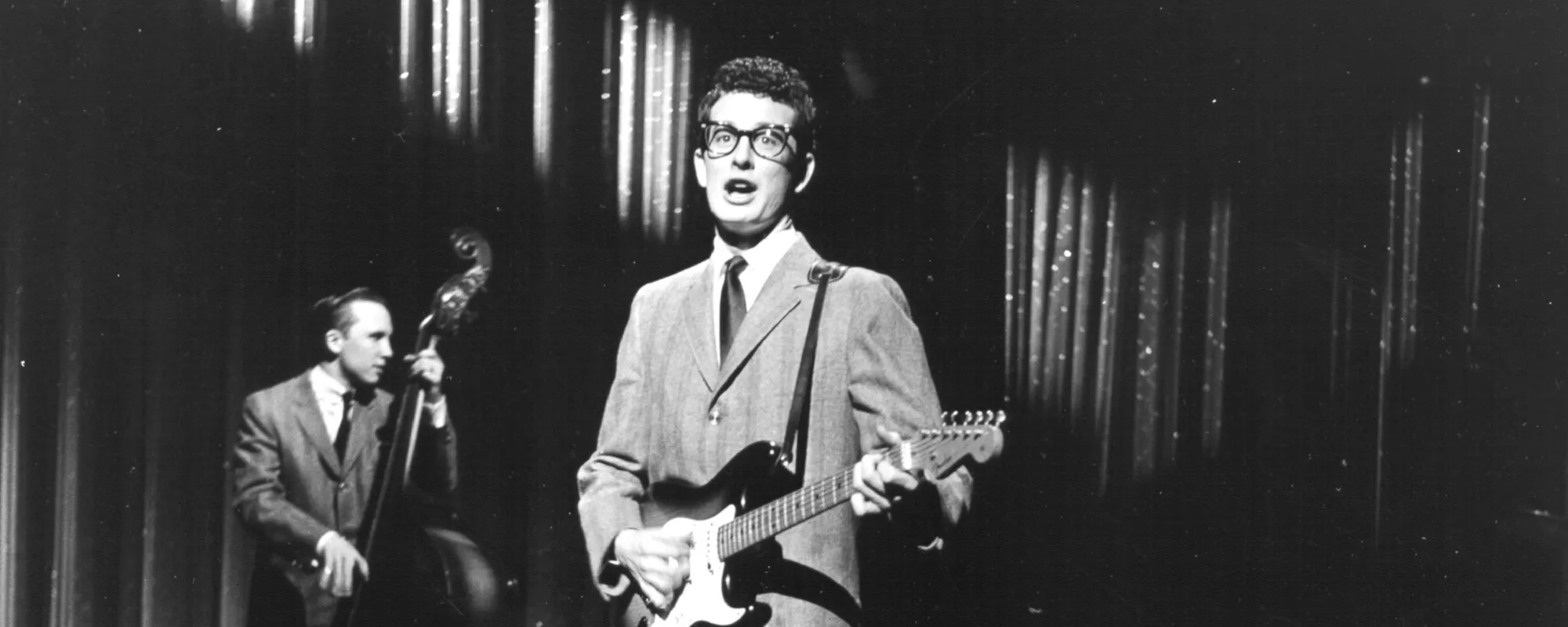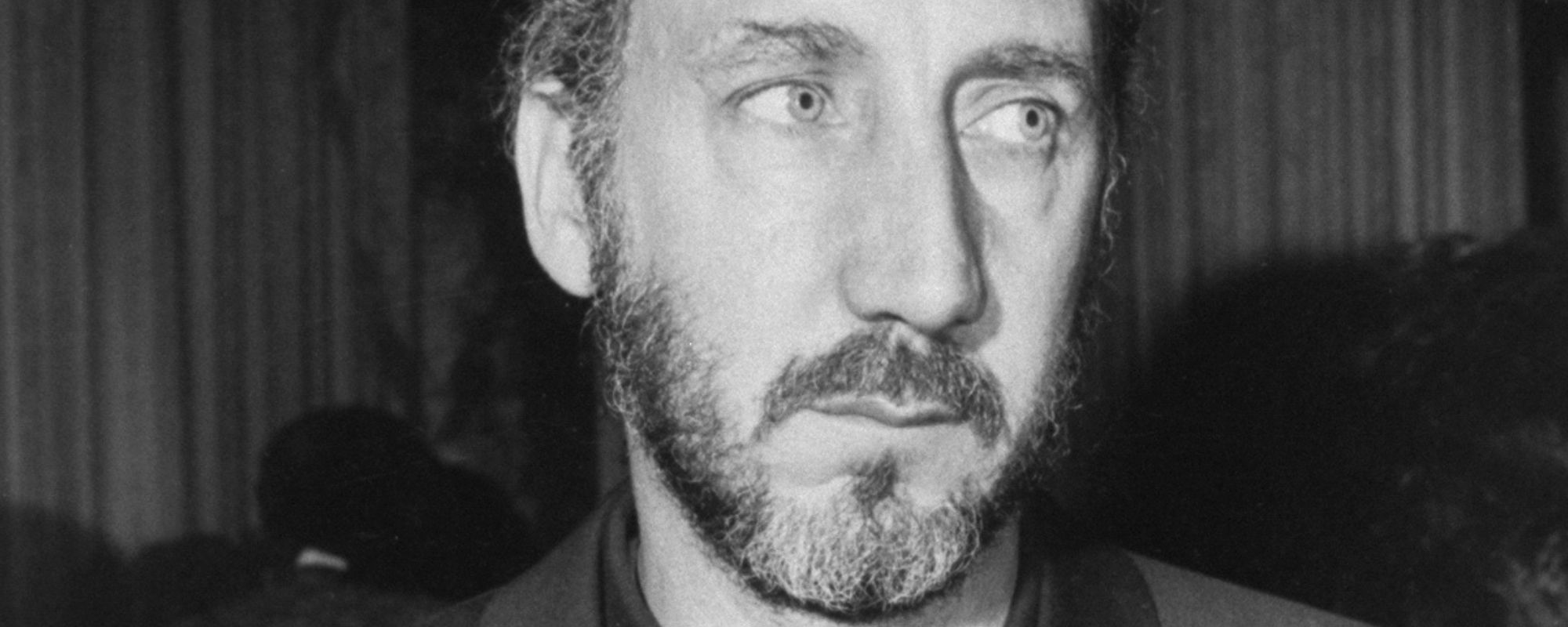The Clash enjoyed a fairly long career, but their biggest claim to fame has to be the punk rock classic “London Calling”, as well as the whole of the album of the same name from 1979. The song is a definitive one in punk music history, and it’s also a chaotically political song.
Videos by American Songwriter
“London Calling” features Joe Strummer lamenting all the different ways the planet could face the apocalypse during the tail-end of the 70s, and it’s a pretty hefty middle finger to the then-current establishment of the time. It was also a particularly eloquent and intelligent song. Not to dunk on punk bands at the time, but intelligent lyrics weren’t exactly the focus for many outfits in the young genre.
So, what is the true meaning and inspiration behind “London Calling” by The Clash? It all comes down to Joe Strummer’s obsessive tendency to read the news. We might doom scroll today, but back in the 20th century, consuming news content was a bad habit that predated absorbing bad news on one’s smartphone.
Joe Strummer was constantly reading the news back in the day, and much of the dark and frightening content he would consume would find a way into The Clash’s music. That habit led to the inspiration for “London Calling”, which came to fruition during the Cold War.
A Bit Too Much News Exposure Led to the Creation of “London Calling” by The Clash
Even if you weren’t a news junkie back in the late 1970s or early 1980s, you could probably still feel the palpable anxiety in the air during the Cold War. It was a stressful time.
Strummer and Mick Jones took that anxiety and funneled it into “London Calling”. In fact, for those not familiar, the opening line “This is London calling…” is a reference to the BBC World Service.
News consumption was at the heart of the song. Throughout much of the Cold War, news articles focused on impending doom for years. “London calling to the faraway towns / Now war is declared and battle coming down” is probably the most direct lyric on that front.
However, “London Calling” also explored the growing apathy in the world, particularly in England at the time. “London calling and I don’t want to shout / But while we were talking, I saw you nodding out.”
The song also tackles themes of potential famines, addiction to drugs, nuclear destruction, and other potential ends to humanity as they knew it. And the final push to pen the song came from a taxi driver who Strummer once rode with.
“There was a lot of Cold War nonsense going on, and we knew that London was susceptible to flooding,” Joe Strummer once said of the song. “She [the driver] told me to write something about that.”
The result was a song that would, metaphorically, blow The Clash up in the United States.
Photo by Michael Putland/Getty Images
When you purchase through links on our site, we may earn an affiliate commission.













Leave a Reply
Only members can comment. Become a member. Already a member? Log in.